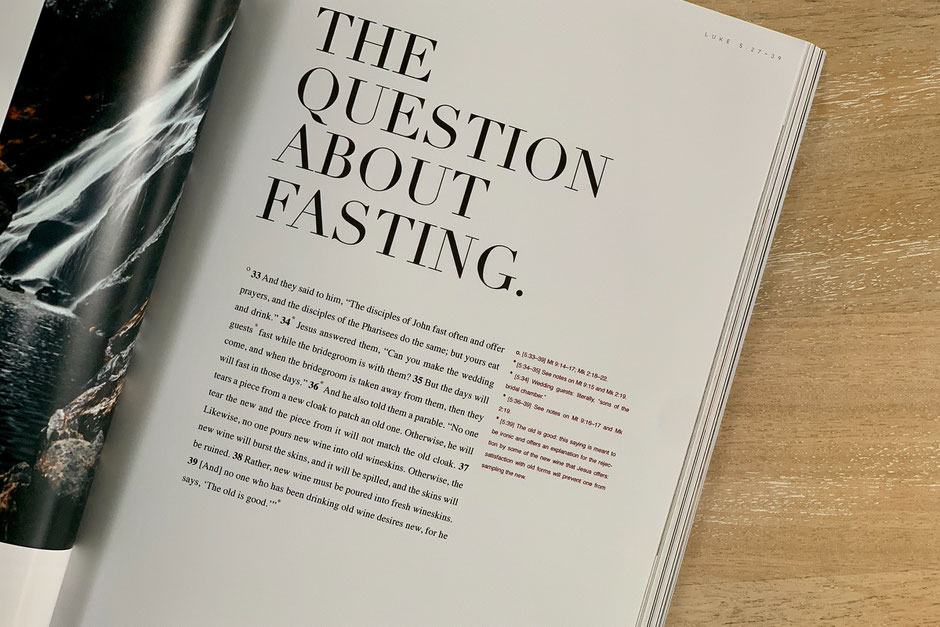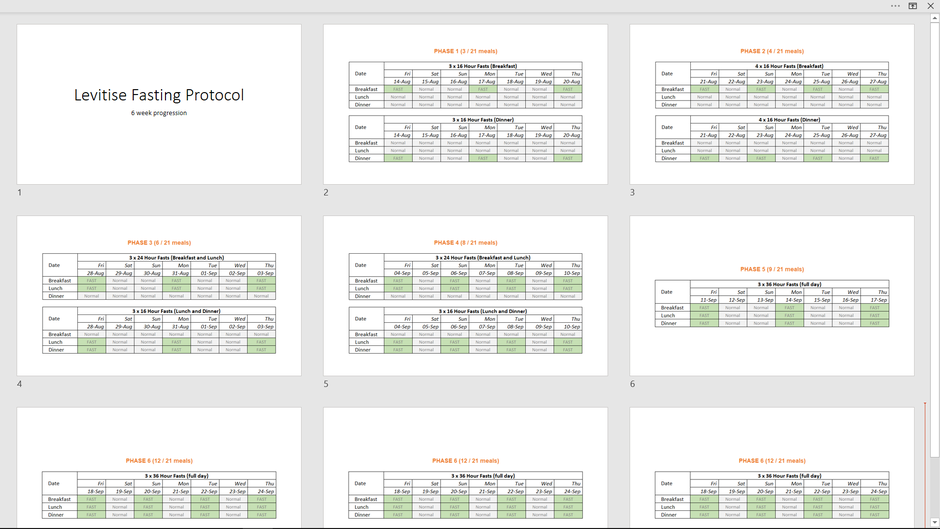Fasting is an ancient healing tool used for tens of thousands of years by religions and cultures all over the world. There are many benefits to fasting such as weight loss, anti-cancer, heart health, mental health, boosting energy etc. But which type of fast? Intermittent fasting, juice fasting, water fasting, concentrated feeding windows, time restricted eating, religious fasts or long-term fasts? What’s the difference between them all?

If you’ve thought about fasting before it’s understandable that you might be confused about which is the most beneficial protocol for you. And there are downsides and pitfalls as well! We’ll give you a brief overview below so by the end you’ll have a much better idea of what to do, in our Dummies Guide to Fasting in Singapore.
Intermittent Fasting
What is it?
It’s really a catch all term for many different fasting protocols. Usually when someone is talking about intermittent fasting, they are referring to time restricted eating or a concentrated feeding window.

Time-Restricted Eating / Concentrated Feeding Window
What is it?
This is the process of eating only between certain hours. Such as eating breakfast at 12:00 and then having dinner at 19:30 and finishing before 20:00. That is a concentrated feeding window of 8 hours. You can eat what you like in the 8-hour window but must not consume any food or calorific beverages during the other 16 hours. This is typical 16/8 fast but there are many others such as 20/4 and 12/12.
Advantages
- Easy to do, just skip breakfast or dinner
- You give your digestive tract, and all your organs of digestion a bit more of a rest
- It’s hard to consume enough calories during a small window so you will generally end up in a calorie deficit which could lead to weight loss (there is a dark side below)
Disadvantages
- If you do end up in a period of prolonged calorie deficit on a daily basis it could lead to your metabolism becoming downregulated and the consequences of that (increased stress, thyroid issues, low energy, craving caffeine/sweets).
- The consequences of that are weight regain as we've discussed here, here and here.
- .Often people who are not in tip-top-health can struggle with this over time as it can be an unnecessary stressor that leads to symptoms of adrenal fatigue and hormonal imbalances.
How long does it last?
From months to years
Who is this best for?
People who are looking for smaller health benefits of a mini fast and have the time to eat enough calories in the concentrated feeding window so as to avoid long term metabolic downregulation.

Juice Fasts
What is it?
Consume nothing but freshly squeezed juices for X number of days. Often utilised at detox retreats and spa hotels.
Advantages
- It’s an extreme form of calorie restriction so will result in a lot of weight loss in a short period of time
- Gives some of the organs of digestion a rest but not all.
Disadvantages
- Juicing contains a lot of sugar so you can create unhealthy blood sugar spikes throughout the day
- Don't get the health benefits of longer periods of fat burning and ketosis because it's interrupted by regular glucose consumption
- Not technically a fast as calories are consumed
How long does it last?
Normally a few days to less than a month.
Who is this best for?
If you don't fancy a full water fast (see below).

Alternate Day Fasting / Eat Stop Eat
What is it?
Eat normally, then skip a day of eating, then eat again. There are different protocols and periods depending on the desired results.
Advantages
- Super easy to follow. Eat normally or don’t eat!
- Doesn’t cannibalise metabolism over short or long periods hence reduced chance of weight regain.
- Can be extended for a long period of time without causing health issues. In fact may even extend longevity.[1]
- Promotes metabolic flexibility.
- Has many of the health benefits of water fasts (see below).
Disadvantages
- Requires a little willpower on the non-eating day
- Sleep can be restless for some on the non-eating day
How long does it last?
Until desired results are achieved.
Who is this best for?
If you’re looking for a long-term sustainable weight loss goal and small health benefits.

Water Fasts / Long-term Fasts
What is it?
The granddaddy of fasting. Eat nothing and drink only water for an extended period. The clinically proven benefits of water fasting are nothing short of extraordinary. It takes 25% of your body’s energy resources to digest 3 meals a day and run your food through 30 feet of gastrointestinal tract from mouth to anus. When relieved of this process your body starts getting seriously efficient by first switching to fat metabolism, then clearing out decaying proteins from the liver and removing junk particles from the blood and your intercellular matrix, shutting down defective cells and the magic of "autophagy" which is Latin for "eat oneself". Your body starts producing macrophages that target cancerous cells and start consuming them for fuel. How cool is that!
Advantages
- Maximum health benefits such as resting and repairing the organs of digestions (liver, kidney, stomach, pancreas).
- Gut healing, you can heal a leaky gut in 5 to 7 days as all the cells in your endothelium will be replaced in that time
- Increase detox benefits
- Autophagy (your inhouse cancer cleaner up crew) goes through the roof on days 3 to 5 of a fast.
- Maximum metabolic flexibility
- Willpower exercise
- Reset bodyfat set point
- Quickest way to force the body to use your fat for fuel - you'll know that point when you "hit the wall"!
- Reset your palate - reduced cravings for sugar upon braking the fast
Disadvantages
- Forget about social engagements and all food related activities whilst on the fast.
- Must keep distracted - hard at weekends.
- Can activate ancestral refeeding genes if done too frequently or for too long.
How long does it last?
2 to 30 days. Normally supervised by a specialist.
Who is this best for?
Those who are looking for a massive and immediate health benefit and super quick weight loss.

Wrapping up
There are also diets that are referred to as fasts such as the fasting mimicking diet and the protein fast diet. But these are not really true fasts, they mimic some of the benefits of fasting without paying the piper! And you’re not getting all the benefits so there’s often no point when the same amount of willpower is required to restrict a certain food group as there is to restrict all food. Of course, we’re all different so we need to find out what works for us.
And in saying that there are people who shouldn’t fast and that would be people trying to get pregnant, breastfeeding mums, if you’re stressed, have hormone imbalances, children, athletes, recovering from injuries and those with certain types of cancer.
We hope you enjoyed The Dummies Guide to Fasting in Singapore and feel free to get in touch if you’d like to know more about the ins and outs of fasting.
To your health, happiness and longevity,
The Levitise Team
P.S. If you love this blog post then do check out our fortnightly newsletter where you'll get the freshest content on health, nutrition and fitness delivered straight to your inbox. Don't miss out and sign up here.
Notes
[1] Every-other-day feeding extends lifespan but fails to delay many symptoms of aging in mice. Nat Commun. 2017. https://www.ncbi.nlm.nih.gov/pmc/articles/PMC5537224/

Write a comment
Shiwani (Sunday, 16 May 2021 09:25)
Very interesting article. Couls you shed some light on what is activation of ancestral refeeding genes, please. Would appreciate that.
Alex (Sunday, 16 May 2021 21:26)
Hi Shiwani - great question. So historically we would have gone through periods of fasting quite frequently. For example in times of famine, war and during winter in the Northern Hemisphere. During these times our metabolism shifts to conserve energy, burn fat, and extract maximum calories from food. Certain genes would be turned on, others would be turned off, and our microbiome shifted to maximise the benefits of refeeding - i.e. extracting calories from food. During spring; eating animals, fish and veggies would not have been a problem for our ancestors. However if we're surrounded by pizza, cakes and cookies then that doesn't work so well in the modern world! The alternate day fasting is less likely to activate that gene change as opposed to a prolonged fast or indeed any prolonged calorific deficit on a daily basis.
Singh Harcharan (Tuesday, 01 March 2022 20:03)
Excellent article Alex. Is a keto diet and 8ntermittent fasting good for bulking up and building muscles?
Alex (Monday, 07 March 2022 23:39)
Thanks Harcharan. Yes it can be because after periods of fasting growth hormone ramps up. Keto not neccessary. A good paleo (meat, fish, tubers, good fats and veggies) would do fine.